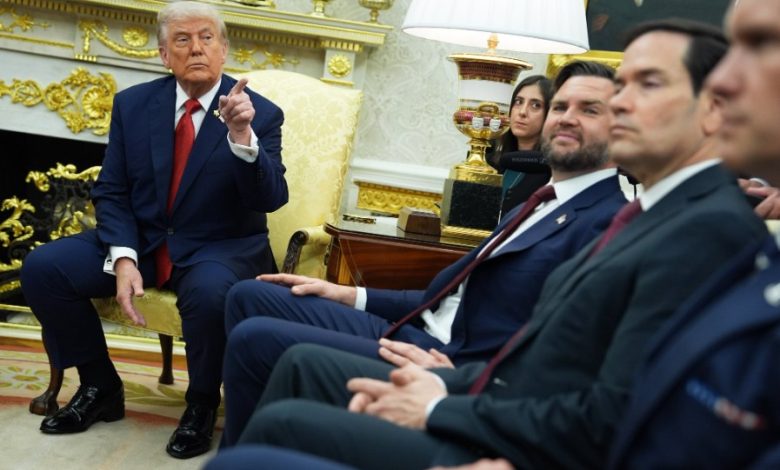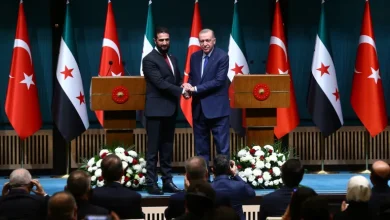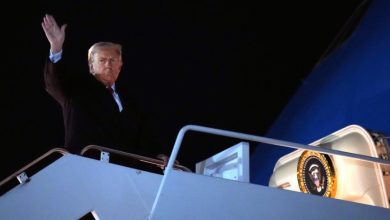
Senior US officials have expressed opposition to Israeli annexation of the West Bank, warning that this move could threaten peace plans for Gaza.
On Wednesday, Israel’s parliament (Knesset) narrowly passed a symbolic preliminary vote on a bill to impose Israeli sovereignty on the occupied West Bank.
The vote took place during US Vice President JD Vance’s visit to Israel and while Secretary of State Marco Rubio was heading to the country, where he would meet with Israeli Prime Minister Benjamin Netanyahu.
Rejecting Annexation
Commenting on the Knesset vote, Vance, who was on a visit to Israel, rejected the move, calling it a “political stunt” that amounts to an insult.
“I personally take some insult to it. The policy of the Trump administration is that the West Bank will not be annexed by Israel. This will always be our policy,” he said before leaving Israel, according to the Associated Press (AP).
Similarly, Rubio warned against annexation as it would threaten Trump’s plan to establish peace in the Gaza Strip. He said that the annexation was “potentially threatening for the peace deal,” describing it as “counterproductive.”
“I think the president’s made clear that’s not something we can be supportive of right now,” Rubio told reporters as he was leaving for Israel.
Firm Position
Back in September, Trump warned that annexing the West Bank would cross a red line. “I will not allow Israel to annex the West Bank. It’s not going to happen,” the US President told reporters at the White House.
In response to Vance’s remarks, the Israel Foreign Minister, Gideon Saar, said that the government has not decided to advance the annexation vote at this time to ensure the success of Trump’s peace plan, according to Reuters.
Vance and Rubio were in Israel to discuss the next steps in Gaza after a ceasefire deal took place between Hamas and Israel on October 10, 2025, as part of Trump’s 20-point peace plan. Their visits follow a similar one by US Special Envoy, Steve Witkoff, and Trump’s son-in-law, Jared Kushner.





